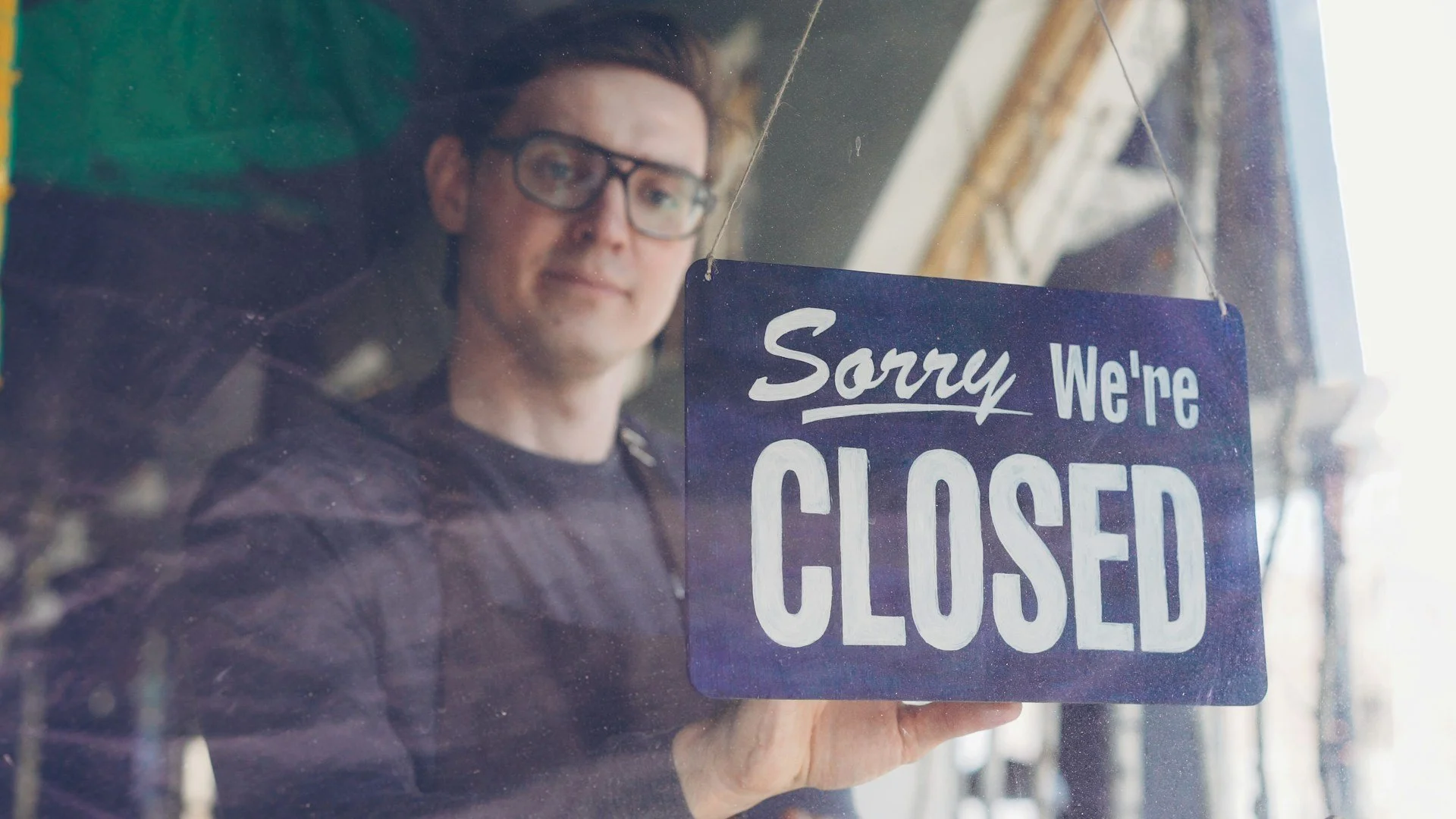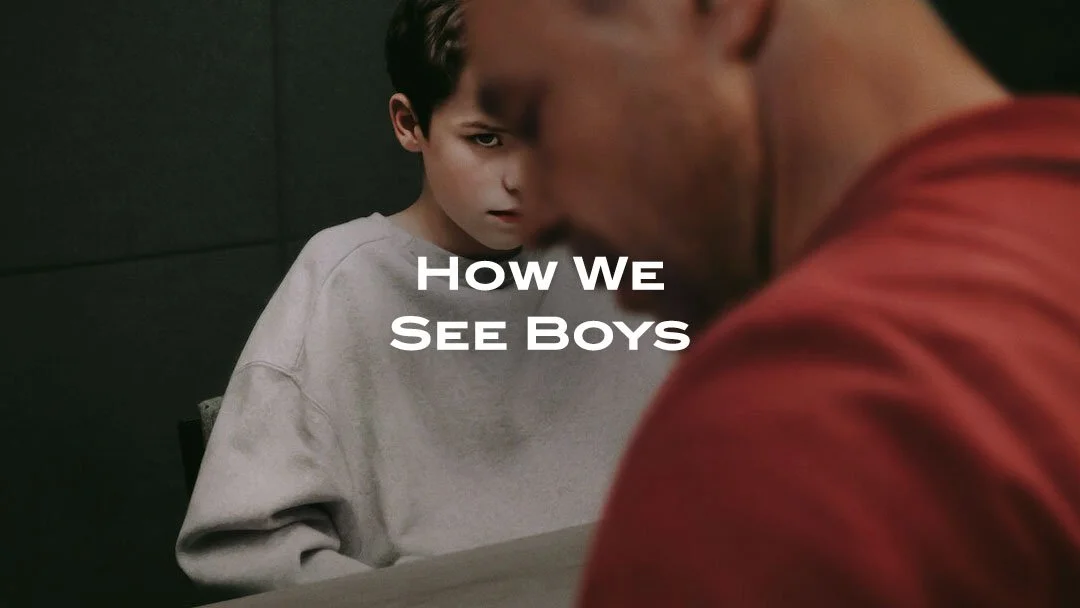Last week I was listening to The New York Times’ Hard Fork podcast and heard something that got me thinking.
Amanda Askell works at Anthropic, the company that makes Claude. She's a philosopher, and part of her job is shaping Claude's personality. She was talking about a problem they're running into. Claude is learning about itself from the internet. And a lot of what it's reading is negative.
Read More











